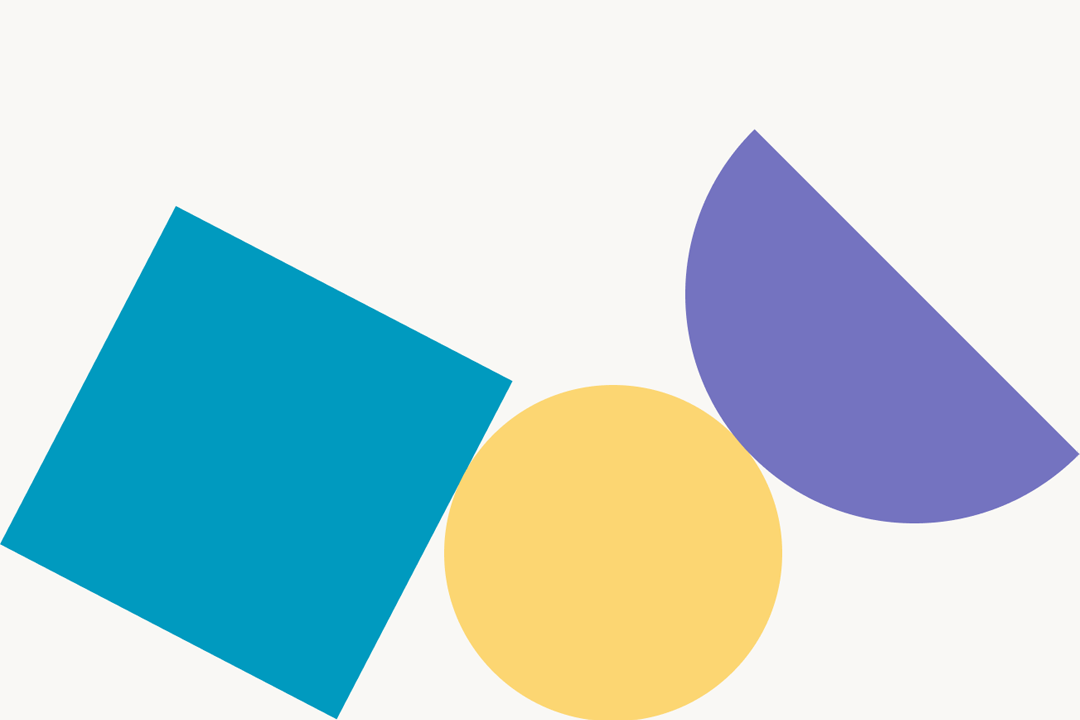Users or people?

Users are people with agency. Trying to achieve something and using your thing to help them do that
Some of you may have seen this image about users versus people by Ted Hunt doing the rounds on social media.
It contains a statement and 2 lists.
The statement says:
“A seismic social shift has taken place seeing much of humanity evolve from a person to a user. We are all complicit in this shift. We have collectively accepted this new social contract unchallenged. We ‘agreed’ to it. We perpetuate and propagate it. We are now the users, the using and the used.”
The lists show the difference between users and people:
Users are …
- Logical and predictable
- In need of products and services
- Continually generating metadata
- Driven by the security of certainty
- Content with binary choices
- Motivated by frictionless existence
- In need of ‘solutions’ to problems
- Stakeholders
- Of presupposed capacity
- Products of capitalism
- Awaiting options
- Monetizable
- Quantifiable
- Easily pleased
People are …
- Superstitious and romantic
- Seeking opportunity and recognition
- Continually creating relationships
- Habitualised to anxiety and doubt
- Evolved to adapt to complexity
- Existing in the coarse reality of society
- Coping with or living with problems
- Of little investment in systems
- Capable of transcending limits
- Products of human evolution
- Creating alternatives
- Indebted to social exchanges
- Exhibiting highly unpredictable traits
- Complex and troubled
My response to the image is conflicted.
In some ways it looks like another straw man argument about the use of a particular term, or just another take on a long running debate.
But the lists also encapsulate something that feels true. What Mark Hurst has described as a shift from user experience to user exploitation.
A problematic mindset
The problematic mindset described by the “users are…” list is sadly common in many organisations. And I’ve spent much of the last decade trying to help organisations think about the people who use their products and services as people. More like the “people are…” list.
Many good designers and researchers work in organisations that have the “users are…” mindset. Rachel Coldicutt, Mike Monteiro, Cennydd Bowles, and others have spoken and written about the ethics of that:
- Better than ethics
- The Collected Angers: Essays about Design for an Unwilling Audience
- Future Ethics
And some of our design and research practices are caught up in both the problematic histories of anthropology and psychology, and arguments about power and participation in design practice.
Users are people
I quite like ‘user’ as a term. Especially as opposed to ‘audience’, ‘customers’, ‘the business’, ‘the industry’, ‘our market’, and other terms I often hear. Users are people with agency. Trying to achieve something and using your thing to help them do that.
In some conversations we do need a way to talk about the people who might actually use your product or service, as opposed to the other people involved. Like the people who operate and support it, or people impacted by it, or people we hope will benefit from it.
And day to day, our teams rarely talk about ‘users’ as a group. We mostly talk about roles, like teachers, carers, or buyers. Or groups with more specific circumstances, behaviours, or ways of thinking.
From user to what?
More significantly, it’s the mindset that’s the problem, not the word ‘user’. And I’m not convinced that changing the word would change that mindset.
As Russell Davies said in his blog post, Consumers, users, people, mammals: “If you need reminding that your customers/consumers/users are people you have bigger problems. Changing what you write on your briefs/stories isn’t going to help.”
I’m also not convinced that any new word wouldn’t eventually be co-opted and corrupted too. Or cause some other problems. Like attempts to use the adjective ‘challenged’ a few years ago.